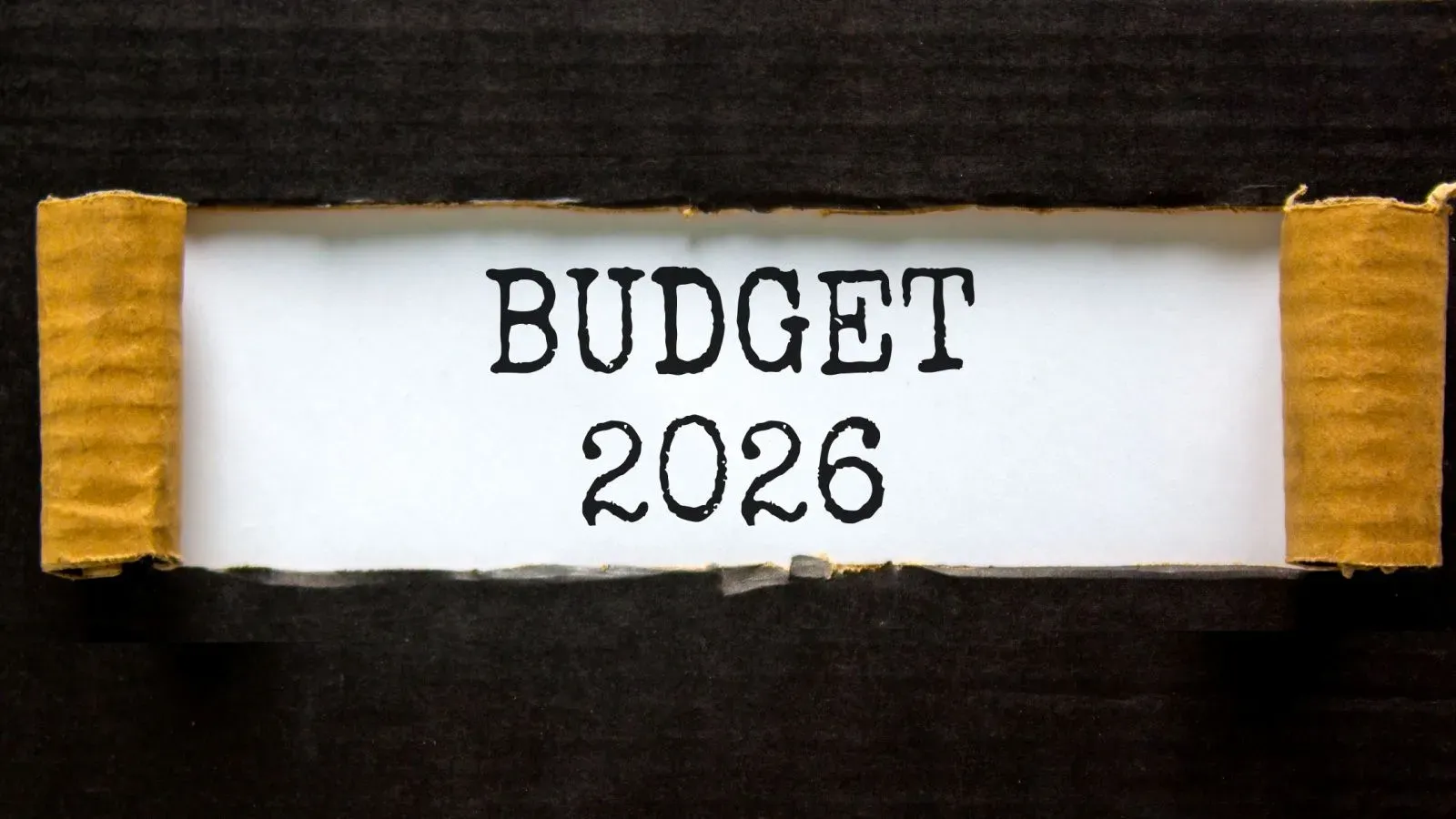Personal Finance News
Are countries like the UAE really tax-free? Things to know before moving to a tax haven

5 min read | Updated on November 12, 2025, 16:03 IST
SUMMARY
Many financial experts note that the cost of living in tax-free countries like the UAE is extremely high, largely negating the benefits that the ‘tax-free’ system offers to an individual.

The absence of direct taxes on residents allows tax-free nations to attract a huge expatriate workforce and foreign investment.
Many countries across the globe, especially those in the Middle East, such as the UAE and Qatar, impose no personal income tax on people. This makes them essentially tax-free for residents, allowing them to retain all of their income.
While many people know and admire the tax havens that give no personal income-tax worries to the citizens, only some understand how it’s even possible for these countries to remain ‘tax-free’.
How is it possible for a country to be tax-free?
The absence of direct taxes on residents allows these countries to attract a huge expatriate workforce and foreign investment. They create a business-friendly environment with limited taxes and boost growth in various sectors like real estate, tourism, financial services, etc.
Cost of living in Dubai
The UAE, which is home to Dubai and Abu Dhabi, is a popular tax haven, known for its oil wealth, business-friendly tax policies and its tourism sector. It has become a hotspot for expatriates and skilled professionals, offering zero tax on personal income.
However, many financial experts have noted that the cost of living in these tax-free countries is extremely high, largely negating the benefits that the ‘tax-free’ system offers to an individual.
Earlier this year, a Chartered Accountant (CA) shared a perspective on living costs in Dubai vs in India. CA Nitin Kaushik wrote on the social media platform X that moving to Dubai might not be as rewarding as it sounds, considering the high cost of living.
A 1BHK apartment in Dubai can cost ₹1.5 lakh to ₹3 lakh per month, while the same would cost around ₹40,000 to ₹70,000 in Indian metro cities, Kaushik said in a post in April. Similarly, while 1 litre of milk costs around ₹60 in India, it costs nearly ₹120 in Dubai. Even a metro pass for a month costs ₹8,500 in Dubai, against ₹350 in Mumbai.
Kaushik also noted that there is a job security risk in Dubai, as losing your job usually means losing your visa, leaving you with just 30 to 60 days to find a new job or leave the country. The companies can announce layoffs without warning, and legal protections that exist in India for employees are often absent.
“Layoffs Happen Overnight – During downturns, companies fire entire teams instantly, with no severance or legal protection like in India,” Kaushik wrote.
He added that while Dubai follows a strict Wage Protection System (WPS), which ensures that salary payments go through registered banks, delays and deductions often happen in low- and mid-tier jobs.
Many reports have shown that labourers in Dubai are paid very low wages. Some argue that Dubai is tax-free only for the rich, as the poor effectively ‘pay taxes’ through low wages, as the poor pay taxes effectively by having extremely low wages.
“In the UAE, there's no personal income tax and a 9% corporate tax that was only introduced last year and which is still significantly lower than most developed nations. So how do the poor pay taxes? They do this by having criminally low wages. which are significantly disproportionate to every other financial aspect of the country,” a Reddit user wrote in September 2024.
This, along with long working hours, no overtime pay, 6-day working weeks (even for white-collar professionals), and no work-life balance, makes the Dubai dream less appealing.
However, despite this, Kaushik says it’s not necessarily a bad option, but it isn’t for everyone. Living in Dubai can be good, only if you have a decent skill set, enough savings and strong networks.
“Just don’t chase the ‘Dubai dream’ blindly. Know the risks, plan smart, and then take the leap,” Kaushik wrote.
The cost of living in many other tax-free countries is extremely high; some are even among the most expensive in the world, like Monaco and Bermuda. Monaco, a tax-free country in Europe, has one of the highest living costs globally, primarily due to its high real estate costs.
Similarly, Bermuda and the Bahamas are some of the countries with tax-free regimes but exceptionally high living costs. The high cost of living makes it difficult for individuals to plan their move to tax-free countries.
So before you plan to move to a tax haven, know the risks, work on your skills and save enough to be prepared for any adverse situation.
Related News
By signing up you agree to Upstox’s Terms & Conditions
About The Author
Next Story




